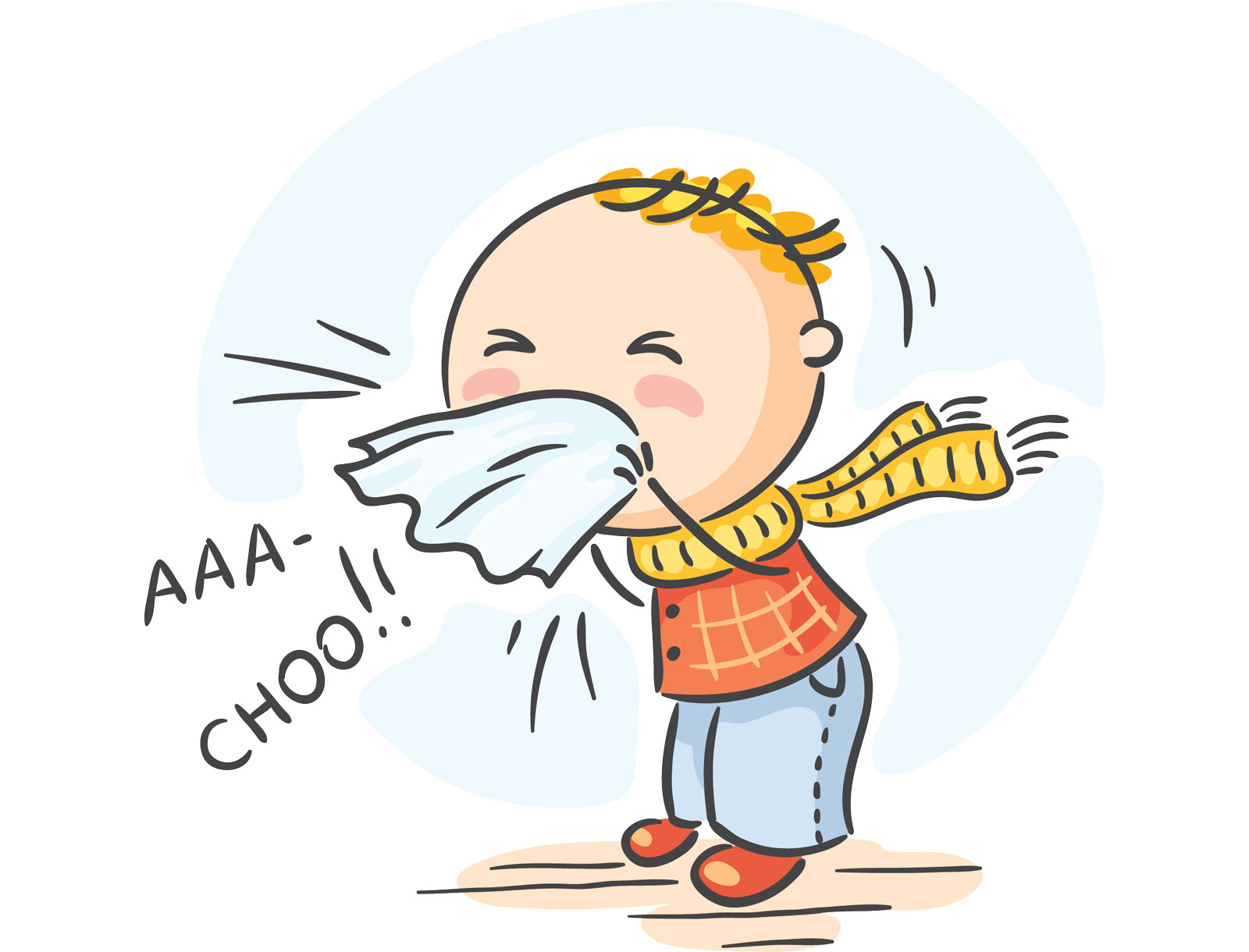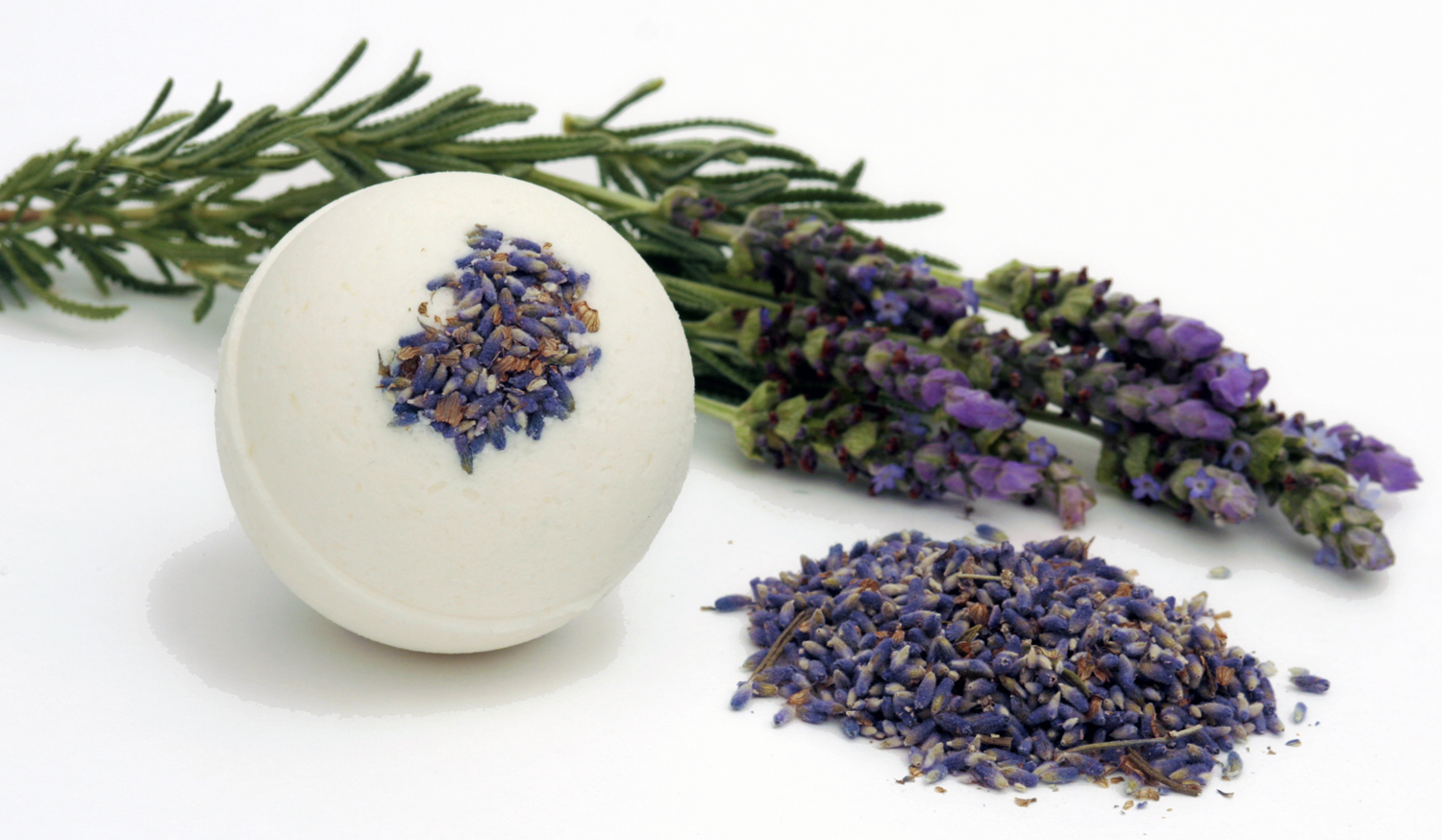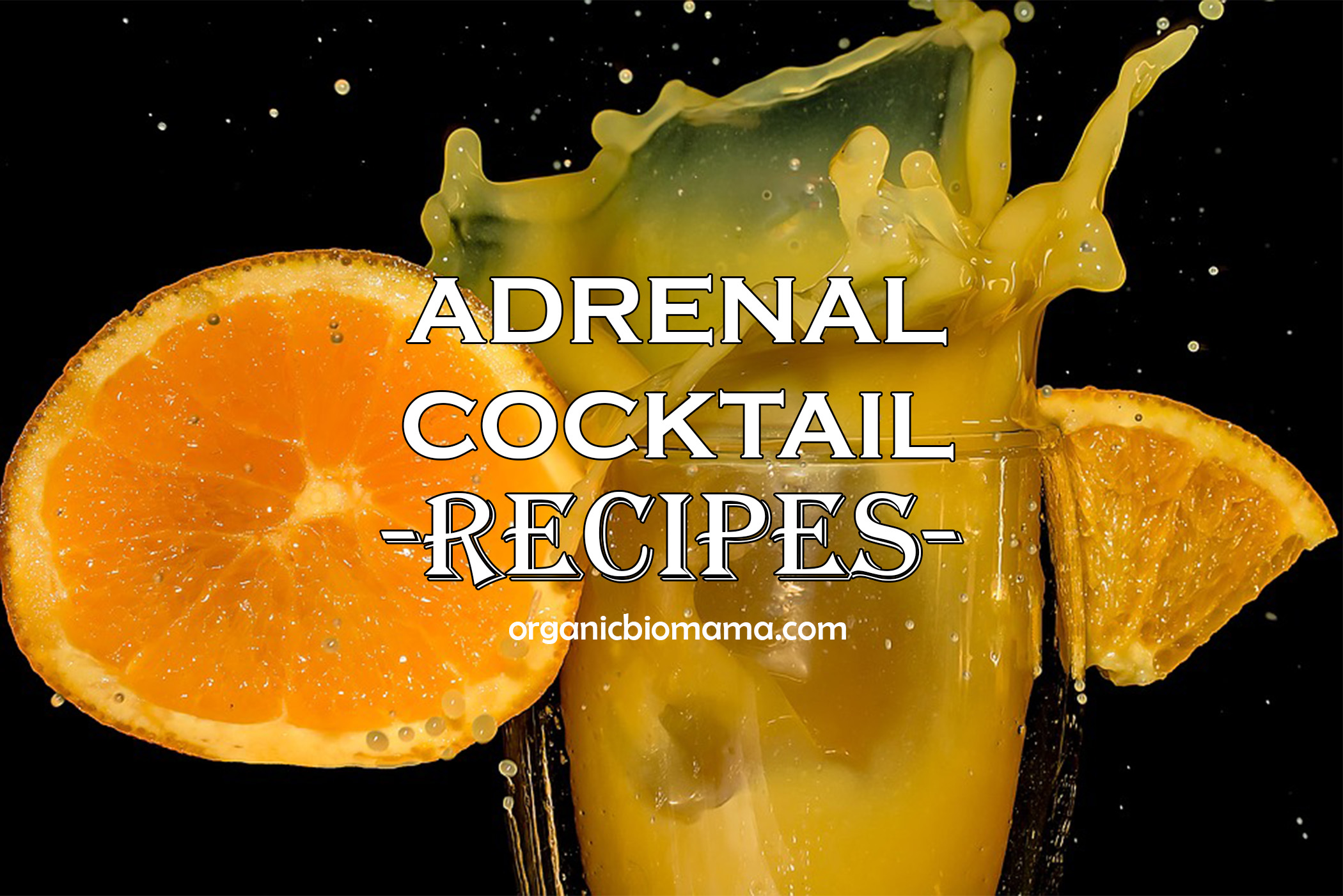I watched Dr.Axe’s (a certified doctor of natural medicine, chiropractic, and clinical nutritionist) webinar about leaky gut today and found it very useful. I took some notes and decided to keep them here.
Leaky gut Symptoms
The gut is the biggest immune system organ.
These conditions are the symptoms of the leaky gut:
- Food sensitivities. Toxins enter the bloodstream from a leaky gut and cause food allergies.
- Autoimmune diseases
- Colon problems: bloating, constipation, diarrhea, IBD (Inflammatory bowel disease), irritable bowel syndrome, ulcerative colitis, and others.
- Thyroid problems: Hashimoto’s, hypothyroidism, graves, and others.
- Malabsorption of nutrients, which lead to nutritional deficiencies.
- Inflammatory skin conditions: acne, psoriasis, rosacea, eczema, and others. These conditions can also be fixed by healing the gut, says Dr.Axe.
- Mood issues & Autism, including depression, anxiety, ADHD.
- Weight gain.
- Digestive problems.
- Fatigue.
- Headaches.
- Joint problems: joint pain, arthritis, fibromyalgia.
- Sinus and mouth problems, like frequent colds.
Leaky gut affects the brain. The leaky gut syndrome has been linked to mood swings, anxiety, depressions, and bipolar disorder. In many cases, healing the gut is healing the brain. (Dr.Axe.)
What causes Leaky Gut?
1. Poor diet: consuming GMO food, un-sprouted grains, sugar, conventional dairy.
Un-sprouted grains contain large amounts of antinutrients called phytates and lectins. Lectins are good for plants but not good for humans. Lectins bind with sugar proteins and protect plants from parasites and mold. The digestive lining of a human is covered with sugar-containing cells which help to break down the food. Lectins attach to a digestive lining and damage the gut causing inflammations.
Lectins bind with sugar proteins and protect plants from parasites and mold. The digestive lining of a human is covered with sugar-containing cells which help to break down the food. Lectins attach to a digestive lining and damage the gut causing inflammations.
In small amounts lectin is fine but in a large amount they are damaging. Grains have large amounts of lectins, especially wheat, rice, soy, and spelt.
Sprouting and fermenting reduce the amounts of antinutrients in such food.
A1 casein type which is found in most conventional dairy will harm the gut. Pasteurization destroys lots of nutrients found in milk making it hard to digest.
Sugar feeds the yeast and bad bacteria which leads to a damaged gut. Bad bacteria create toxins which damage the intestinal wall.
2. Chronic stress weakens the immune system, leads to inflammation and leaky gut.
Dr.Axe recommends getting more sleep, rest one day a week and hang out with positive people to reduce the chronic stress.
3. Toxin overload: exposure to antibiotics, pesticides, tap water, aspirin, NSAIDS, and others.
Dr.Axe recommends a good water filter which eliminates chlorine and fluoride.
Eating local and organic will reduce the pesticide exposure.
4. Dysbiosis – imbalance, between beneficial and harmful bacterias in the gut.
This imbalance can begin from birth due to a C-section birth or mother’s unhealthy gut. Other factors which may cause this are antibiotic drugs, tap water with chlorine and fluoride, lack of probiotic-rich foods in a diet.
To avoid dysbiosis one should not overuse prescription antibiotics, tap water with chlorine and fluoride.
Consuming probiotic-rich foods will help to regain the balance in the gut.
Source: draxe.com


